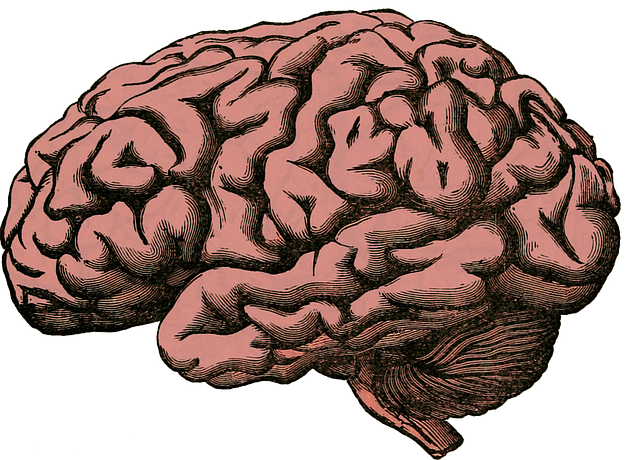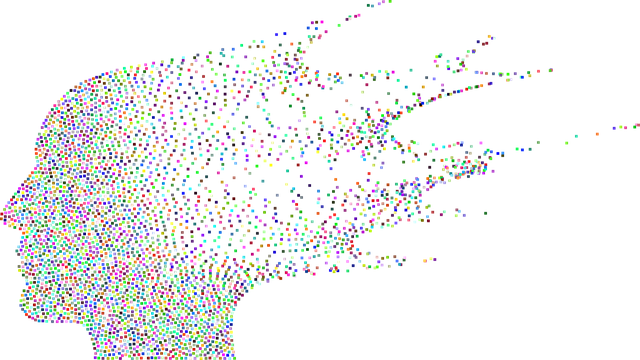Mental health advocacy is crucial for addressing global issues like anxiety and depression, especially among neurodivergent individuals with conditions like Parker Autism Spectrum Disorder (ASD). Key initiatives include breaking stigma, promoting early intervention, and ensuring access to quality care. Mindfulness meditation and innovative therapies like Parker ASD Therapy empower individuals to manage their mental fitness. These efforts create inclusive environments, foster self-care practices, and contribute to proactive mental health policies. Global advocacy pushes for equitable access to care through policy changes, public awareness campaigns, and community programs, destigmatizing mental illness and enhancing well-being for all, including those with ASD.
Mental health advocacy is a vital pillar in modern society, shaping the way we support individuals navigating complex emotional journeys. This article explores various initiatives dedicated to raising awareness and promoting accessible mental healthcare. From understanding the essence of advocacy to delving into impactful therapies like Parker Autism Spectrum Disorder Therapy, each section unravels a crucial aspect. We examine early intervention strategies for neurodivergent individuals and global efforts toward equitable mental health services, ultimately emphasizing community support as a key enabler for improved wellness.
- Understanding Mental Health Advocacy: A Necessity in Modern Society
- The Impact of Early Intervention for Neurodivergent Individuals
- Parker Autism Spectrum Disorder Therapy: Unlocking Potential Through Personalized Care
- Building Community Support Systems for Better Mental Wellness
- Global Initiatives Leading the Charge for Equitable Access to Mental Healthcare
Understanding Mental Health Advocacy: A Necessity in Modern Society

In modern society, understanding mental health advocacy is more crucial than ever before. Mental health issues, such as anxiety and depression, are widespread, affecting millions of individuals across diverse communities, including those with conditions like Parker Autism Spectrum Disorder (ASD). Advocacy plays a pivotal role in breaking down stigma, promoting early intervention, and ensuring access to quality care, which is essential for fostering well-being. By raising awareness, advocates empower people to seek help without fear of judgment or discrimination.
Mental health advocacy aligns seamlessly with the principles of Mind Over Matter, encouraging individuals to take control of their mental fitness through practices like mindfulness meditation. This ancient technique has gained prominence in recent years due to its effectiveness in managing stress and anxiety. By integrating mindfulness into daily routines, folks can develop coping mechanisms that enhance resilience, ultimately leading to improved mental health outcomes. Such initiatives are vital for creating inclusive environments where everyone feels supported and empowered to prioritize their psychological well-being, much like finding relief from anxiety through proven methods.
The Impact of Early Intervention for Neurodivergent Individuals

Early intervention plays a pivotal role in supporting neurodivergent individuals, including those on the Autism Spectrum Disorder (ASD) spectrum, as it can significantly shape their overall well-being and development. By implementing targeted therapies like Parker Autism Spectrum Disorder Therapy, advocates are empowering these individuals to navigate challenges associated with their unique cognitive profiles. This proactive approach not only fosters self-care practices but also equips them with essential coping mechanisms, enhancing their ability to manage daily tasks and social interactions.
The benefits extend beyond individual growth; early intervention contributes to the broader goal of promoting inclusive mental health policies. By prioritizing trauma support services and integrating evidence-based practices, advocates ensure neurodivergent individuals receive comprehensive care tailored to their needs. This, in turn, fosters a more supportive societal environment, where diversity is celebrated, and everyone has access to resources that enable them to thrive.
Parker Autism Spectrum Disorder Therapy: Unlocking Potential Through Personalized Care

Parker Autism Spectrum Disorder (ASD) Therapy is transforming lives by offering personalized care tailored to each individual’s unique needs. This approach recognizes that ASD presents a wide range of challenges and strengths, and one-size-fits-all solutions often fall short. By focusing on each person’s specific goals, the therapy fosters coping skills development, promotes positive thinking, and encourages self-care practices.
The initiative prioritizes building a supportive environment where individuals with ASD feel understood and empowered. Through innovative strategies and evidence-based practices, Parker ASD Therapy unlocks potential, enhances communication, and improves overall well-being. This personalized approach not only addresses immediate concerns but also equips individuals with the tools to navigate life’s challenges with resilience and confidence.
Building Community Support Systems for Better Mental Wellness

Building strong community support systems is a pivotal strategy in fostering better mental wellness. These networks provide individuals with access to resources, understanding, and encouragement, which are essential for navigating the complexities of mental health challenges. The impact of such initiatives, like those focusing on Parker Autism Spectrum Disorder Therapy, has been profound, creating safe spaces where people feel heard and supported. By integrating these systems into everyday life, communities can effectively reduce stigma, enhance early intervention, and promote long-term recovery.
Mental Health Education Programs Design play a crucial role in empowering individuals to take charge of their mental wellness. Educating the public about various aspects of mental health, including recognizing symptoms, accessing support services, and practicing self-care, is vital. These programs contribute to burnout prevention by fostering resilience and encouraging proactive mental health management. In turn, an informed community can better advocate for themselves and others, creating a culture of care and understanding that positively influences overall mental wellness.
Global Initiatives Leading the Charge for Equitable Access to Mental Healthcare

In today’s global landscape, mental health advocacy initiatives are leading the charge for equitable access to care, particularly highlighting the importance of early intervention and comprehensive support. Organizations worldwide are pushing for policy changes and implementing innovative strategies to destigmatize mental illness. These efforts encompass a range from public awareness campaigns that focus on emotional well-being promotion techniques to community-based programs designed to enhance emotional regulation among diverse populations, including those with conditions such as Parker Autism Spectrum Disorder (ASD).
Initiatives prioritize educating the public about the signs and symptoms of various mental health disorders, emphasizing that seeking help is a sign of strength. By fostering open conversations and providing accessible resources, these global campaigns aim to ensure everyone, regardless of their background or challenges like ASD, can navigate life’s complexities with support. This collective push towards equity in mental healthcare is revolutionizing access to treatment and ultimately improving the lives of millions worldwide.
Mental health advocacy initiatives, as highlighted in this article, are pivotal in shaping a more supportive and understanding society. From early intervention strategies for neurodivergent individuals to personalized care models like Parker Autism Spectrum Disorder Therapy, these efforts underscore the power of community involvement and global collaboration. By fostering inclusive support systems, we can ensure better mental wellness outcomes for all. Initiatives such as these not only unlock potential but also create a tapestry of resilience and empowerment, paving the way for a more equitable access to mental healthcare globally.









